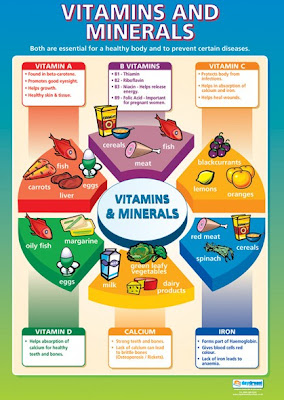Selecting Your Trainer
Now we have
determined that you have a professional, caring, well meaning and highly
educated trainer in front of you. There
is one more thing left to determine if they are the right trainer for you. Do you like them? Personality types should not be ignored,
especially in the instance that you will spend your money to spend 2 to 6 hours
a week with this individual. I have
listed a few Personal Trainer Personality Types so you can familiarize yourself
and be well armed to make the best decision for yourself.
·
The Enabler. This type of trainer makes everything OK for you. They do not try to push you too hard and they
will listen to you for minutes between exercises. This is the trainer for you if Fitness Goals
are not your priority but you need a good listener. This is more of a “Rent a friend” than it is
someone totally absorbed in your success.
·
The Drill
Sergeant. As the name
implies this is an individual who will motivate you through constant pressure
to succeed and achieve more every time you are with them. This is a person in control of the
session. Some of us need this as we are
incredibly powerful, busy people and sometimes we just want to be told what to
do. Results are the cornerstone of this
individuals focus. This person was well…
a Drill Sergeant in a past life.
·
The Analyzer
(Also called The Technician). This trainer
carries a clipboard, two different color pens and a highlighter. They will make sure that you are in the exact
position that you should be before you are allowed to move. Be sure not to deviate as this person will
stop you, reset you and do it all over again until it is perfect. The Analyzer studied engineering at some
point in their life.
·
The
Olympian. A former athlete who thinks you were too! You will lift heavy things that do not need
to be moved, run to nowhere; perform feats of strength seen on American
Gladiators re-runs, do sprints, box and anything else you can possibly think
of. It may not be the best structured
workout you will ever experience but make no mistake – it will be an
experience. Hint: Bring an extra towel!
·
The Coach. This is a very fun loving but intense type of
trainer. Chances are this is the only
profession this person has ever known and they have been doing it for a long,
long time. This trainer understands that
there are many parts to a successful fitness plan and they want to teach you
how to do it all with or without them.
You will be sure to get little pearls of wisdom daily and be encouraged
to do your best. Your success will be
measured and there will be an action plan for everything.
·
The
Cheerleader (Also – The Motivator). This Cheerleader is fun and you will be sure to laugh
during your session. This is a trainer
who will be vocal, loud, exciting and in your face. They will get you to let loose and try dance
moves, Pilates, Yoga, Stretching, and Balance on weird Fitness Gizmos. You will
be so caught up in the moment that you will not believe that you just had a
personal training workout. This person
is bubbly and always smiling and you will be too.
· The
Prima Donna.
This is the trainer that thinks they are more
important than you are. My
suggestion: Stay Away! Warning Flags:
- Ignores or dismisses your questions.
- Works you so hard you are in pain for days. Soreness is
normal, but you should still be able to get out of bed.
- Neglects any part of a complete program or recommends a
level of training that is too hard for you.
- Diagnoses injuries or illnesses instead of referring you
to a doctor.
- Thinks they have the magical workout or diet plan.
- Interrupts your session to talk to friends or take phone
calls (unless it is an emergency or can not be avoided).
- Does not return phone calls or emails.
- Likes looking in the mirror a bit too much.
Remember, you are spending your money and your time. You should have a trainer that you like, that cares about you and knows how to help you achieve your goals.
-Robert






















